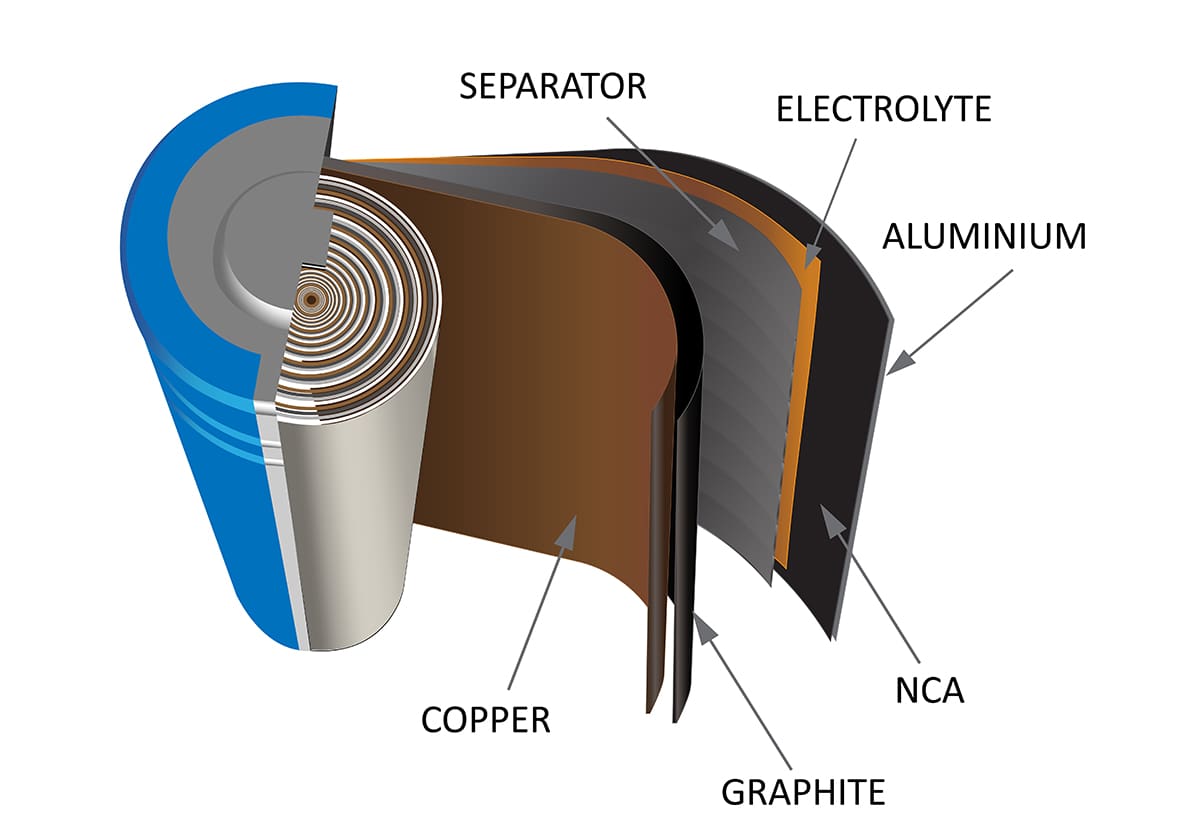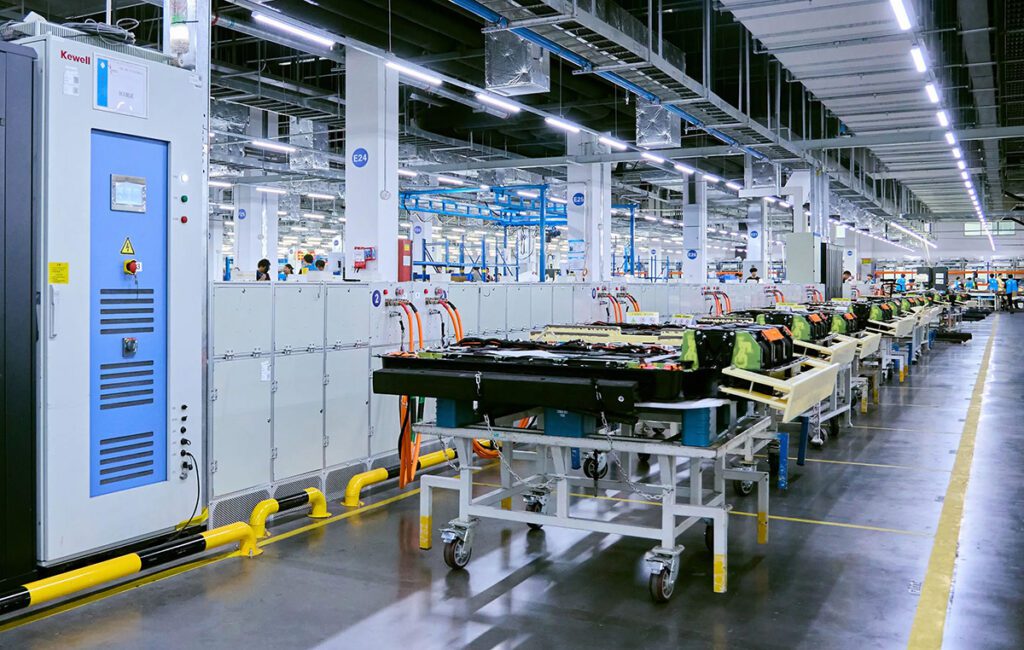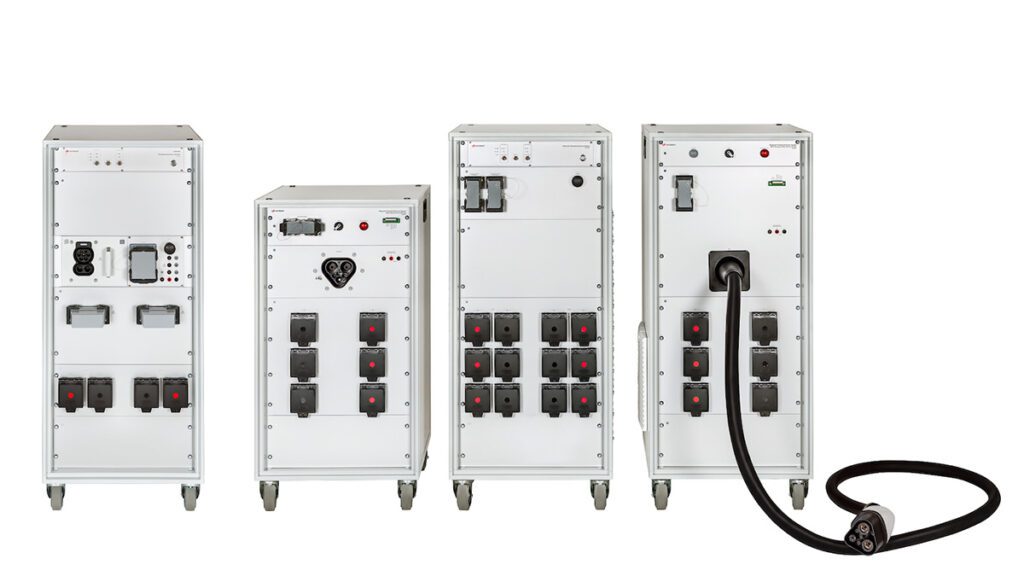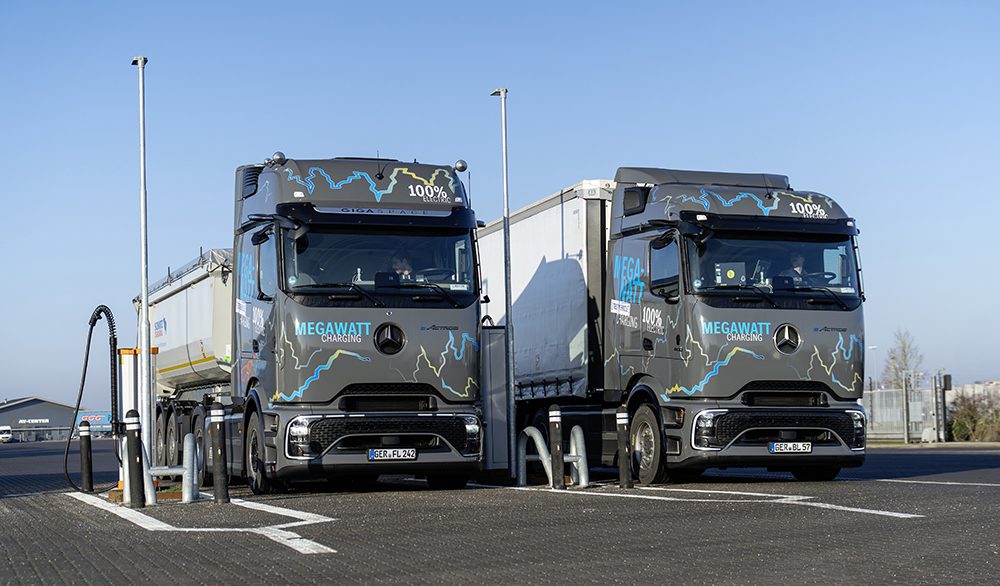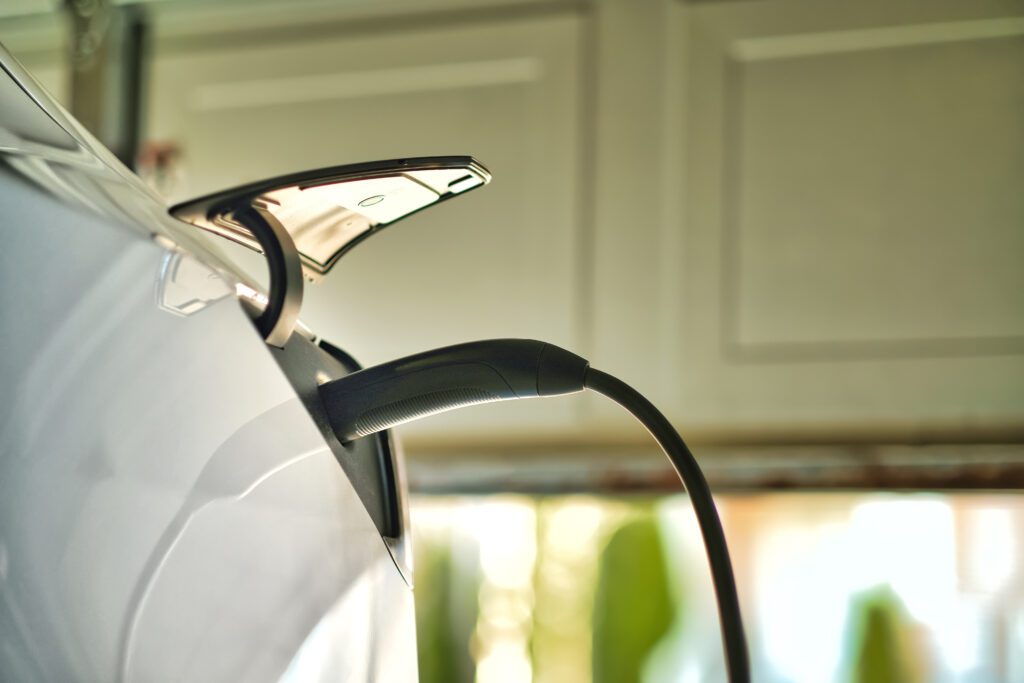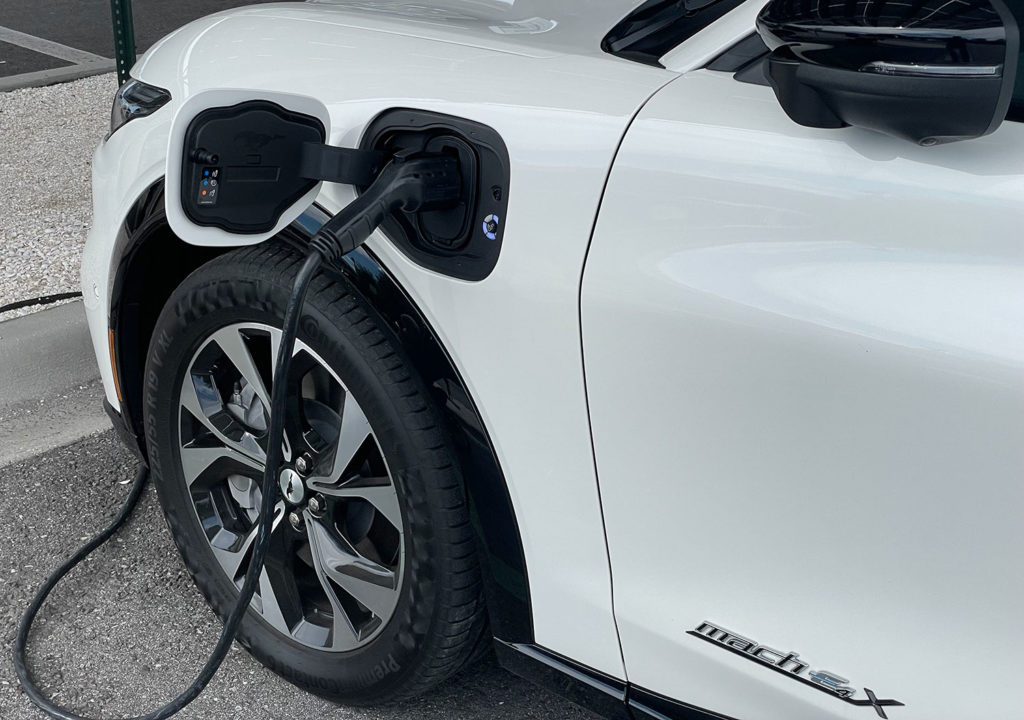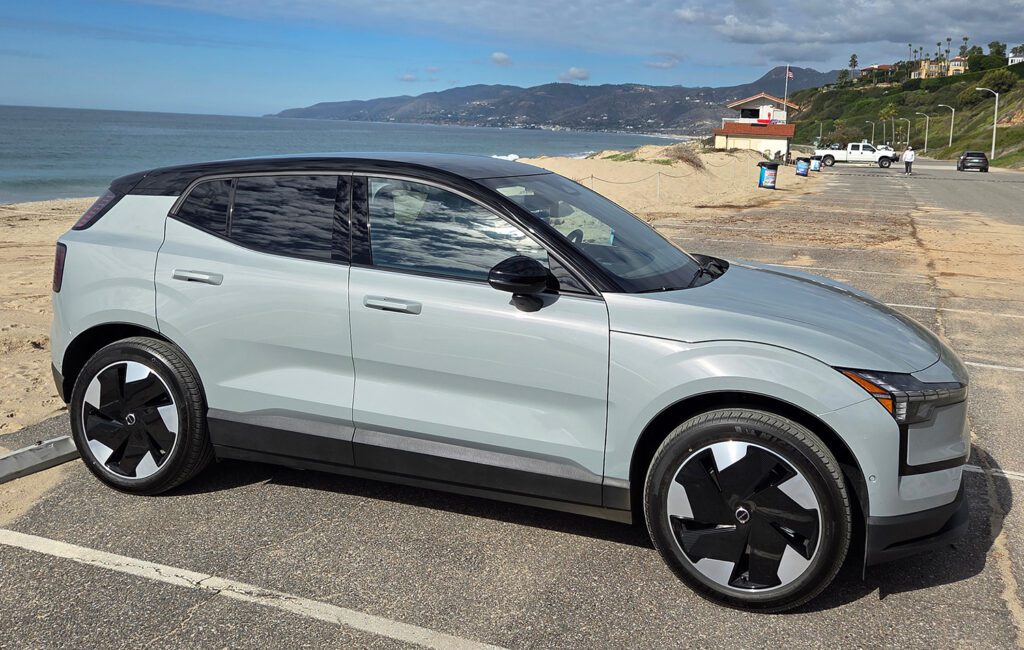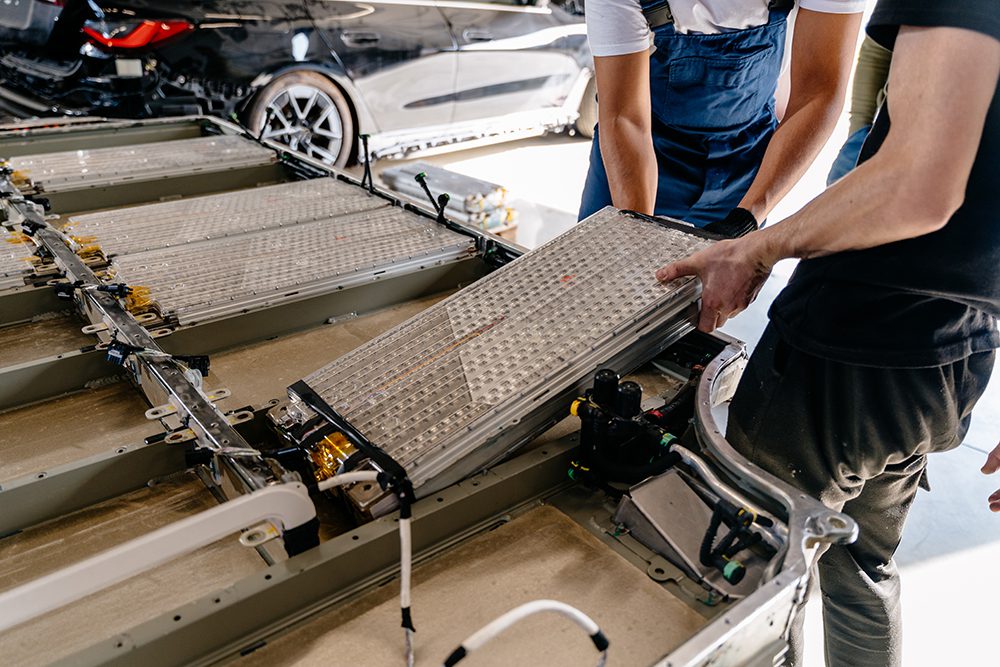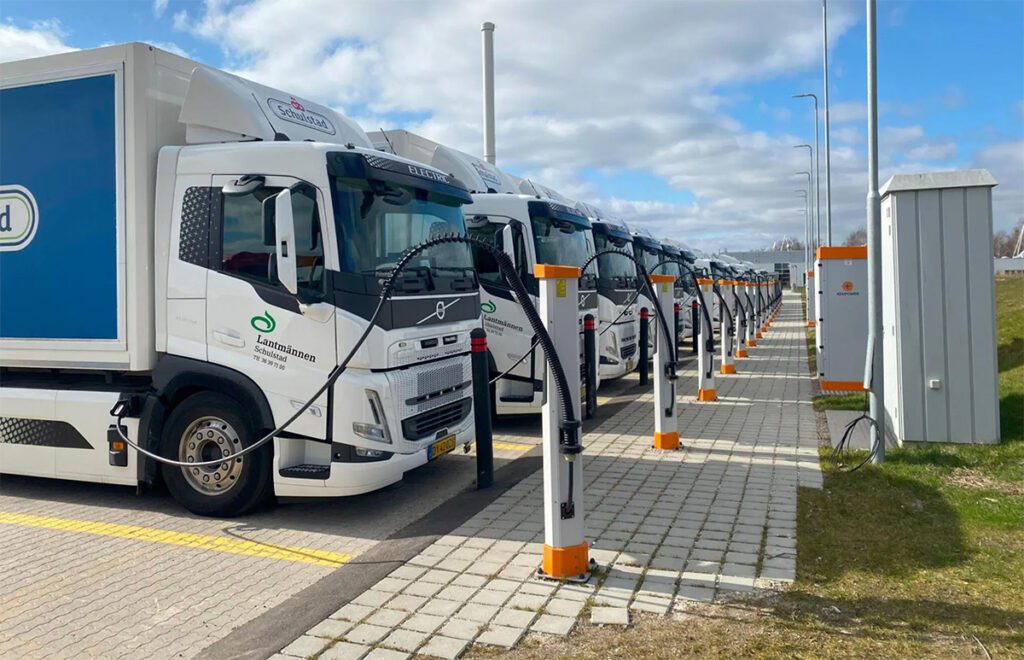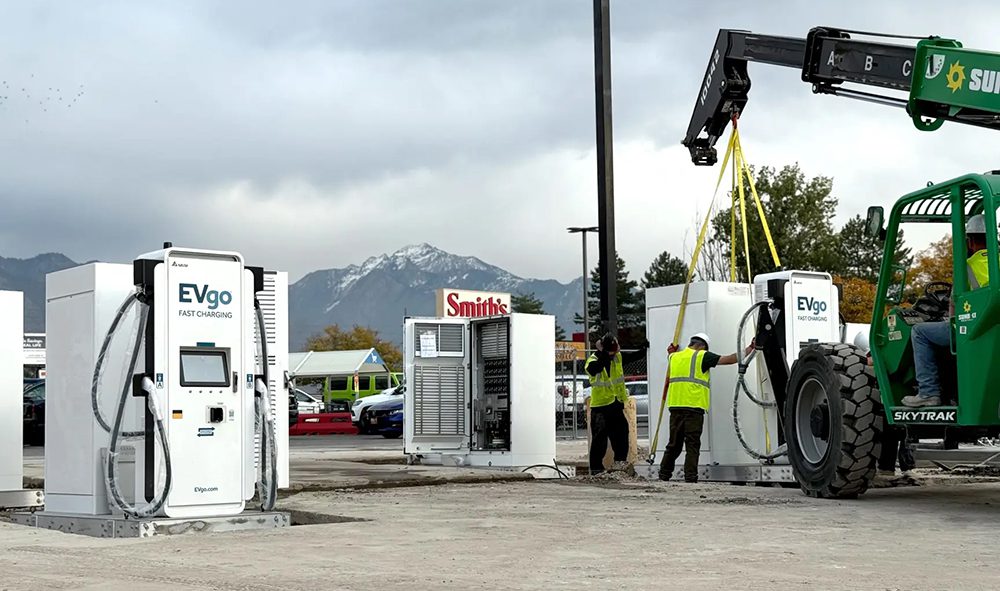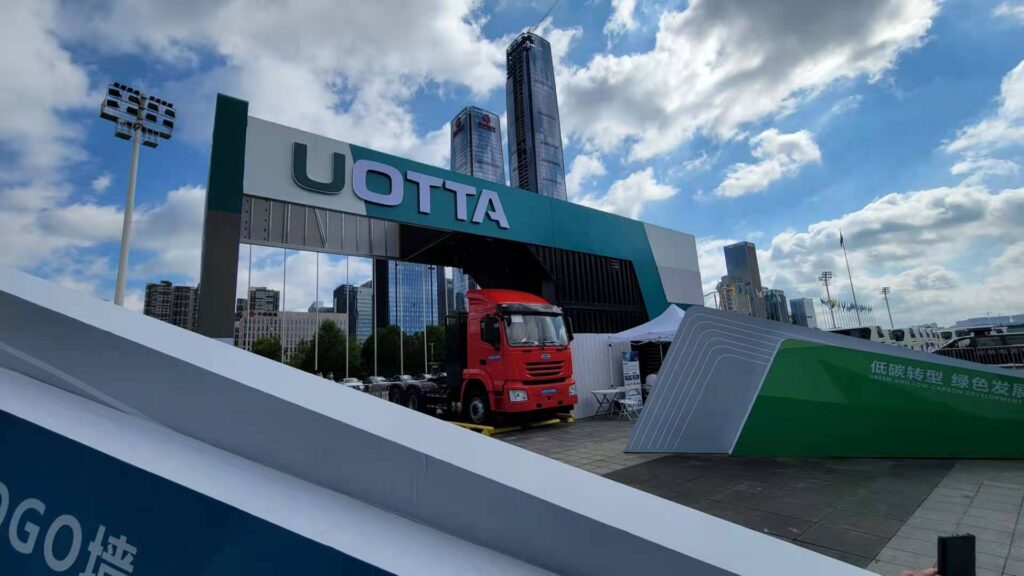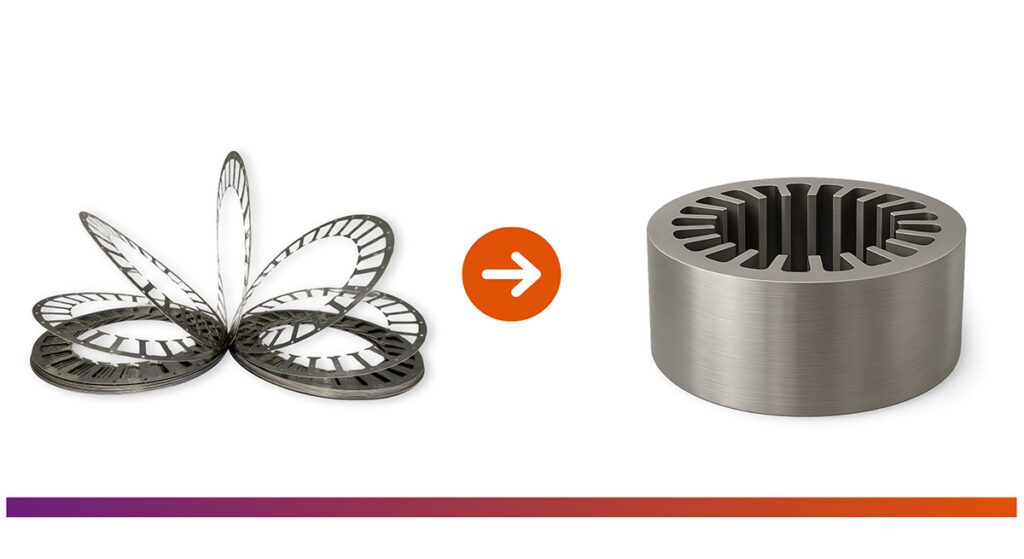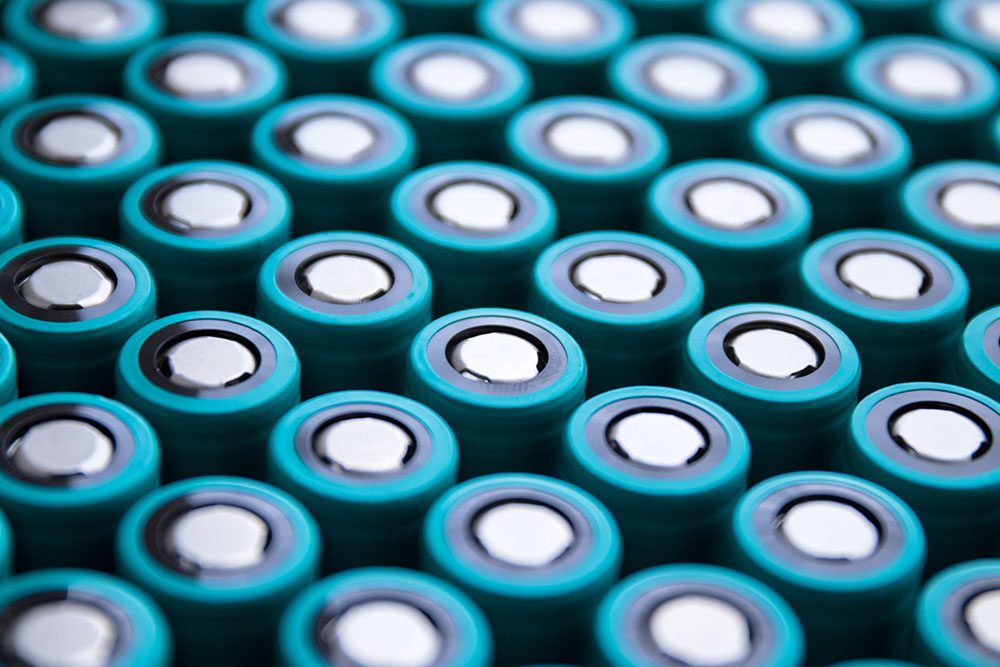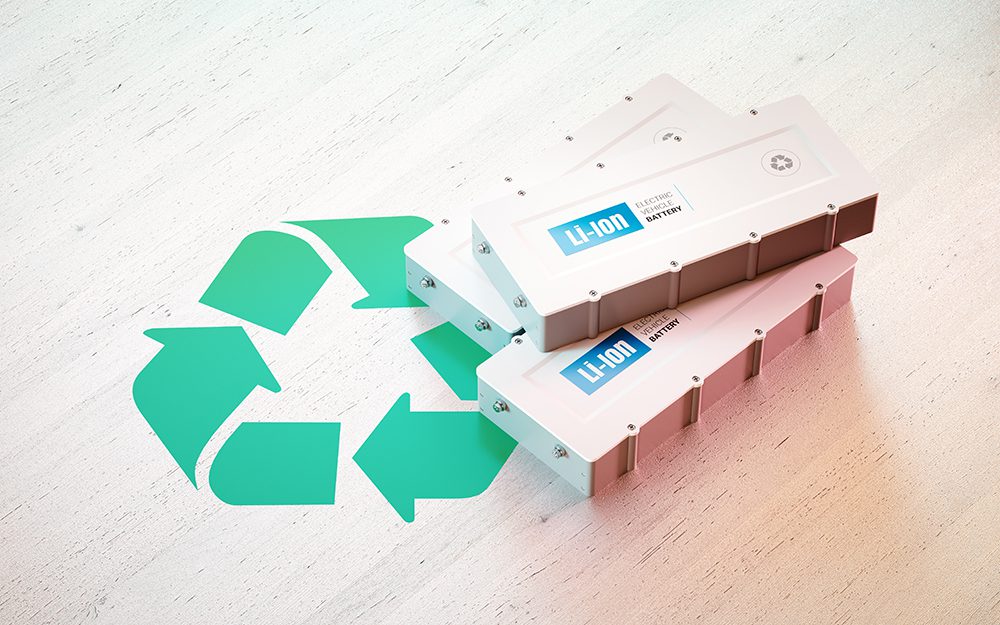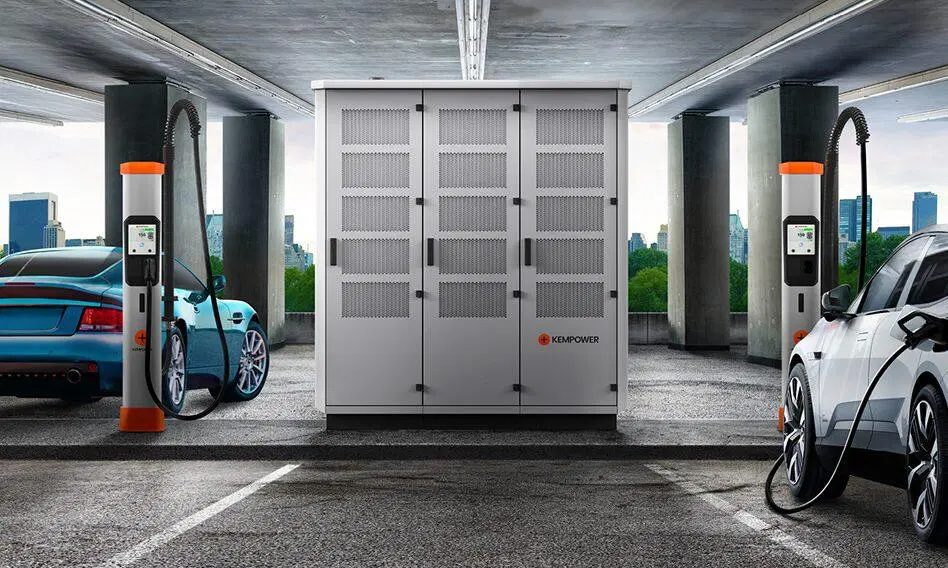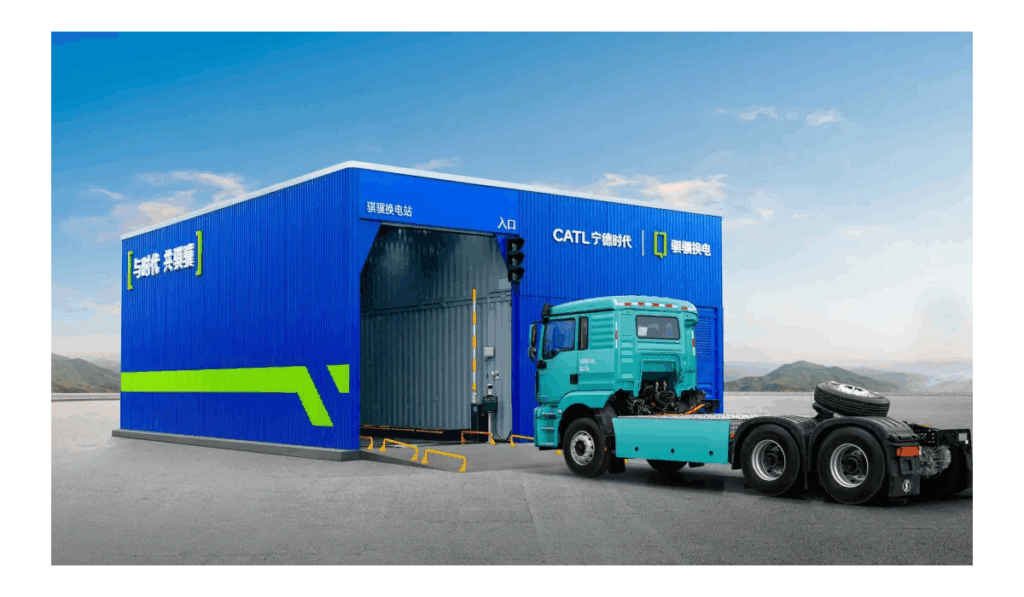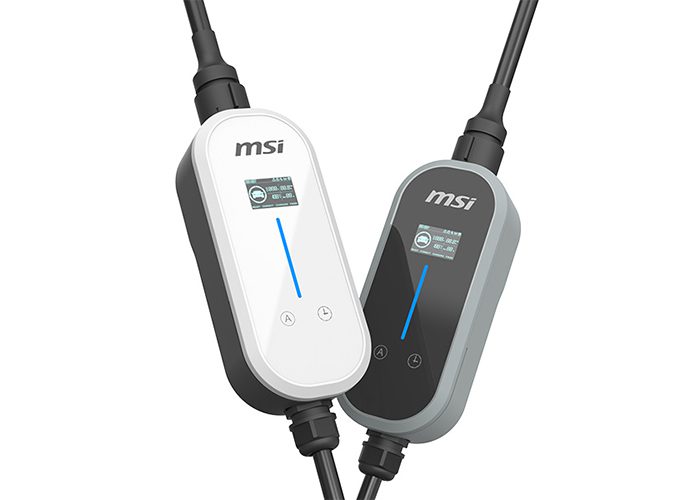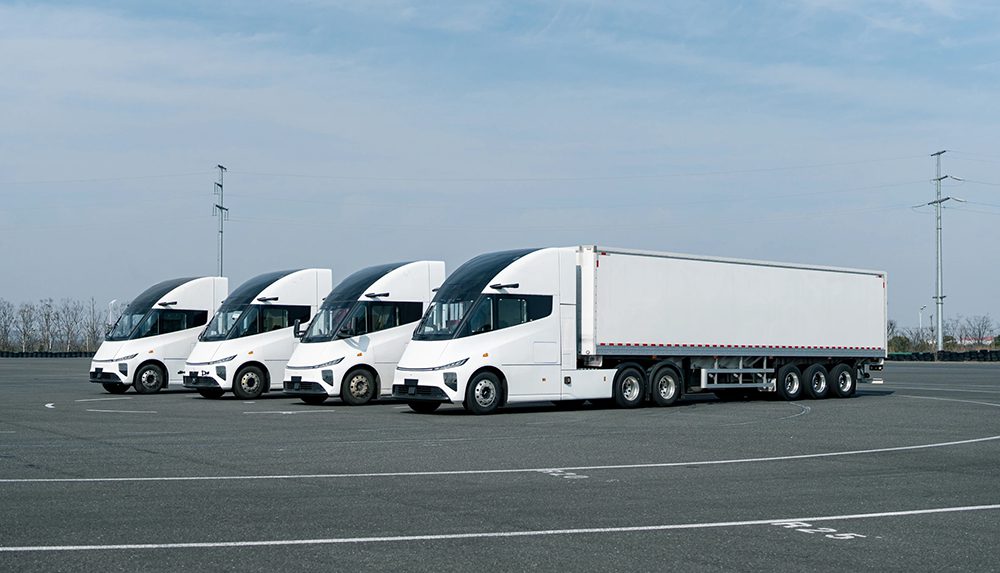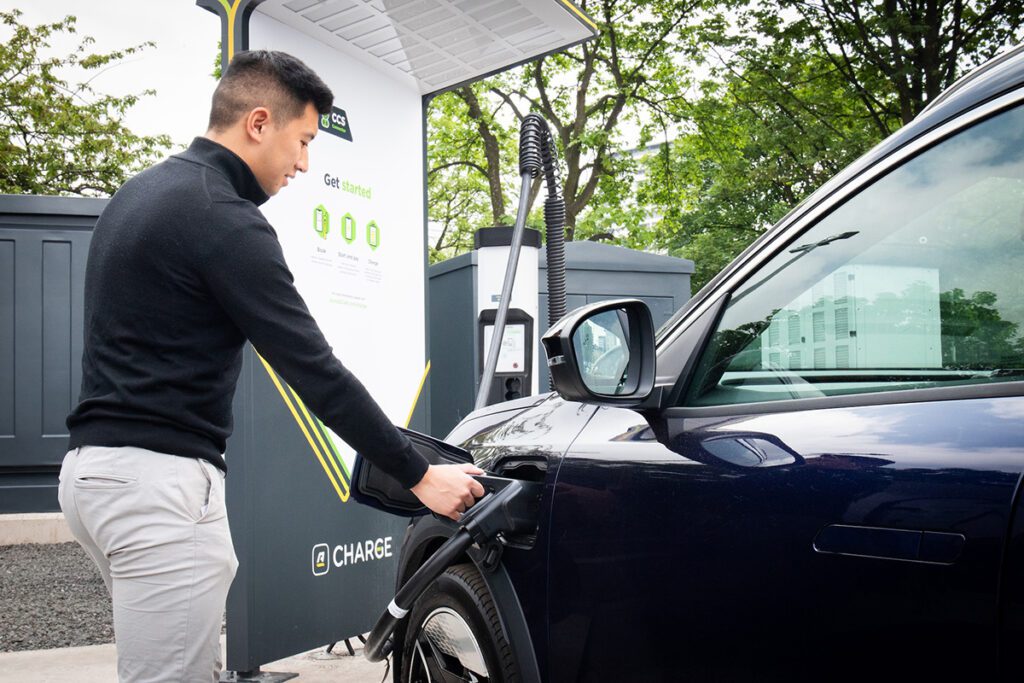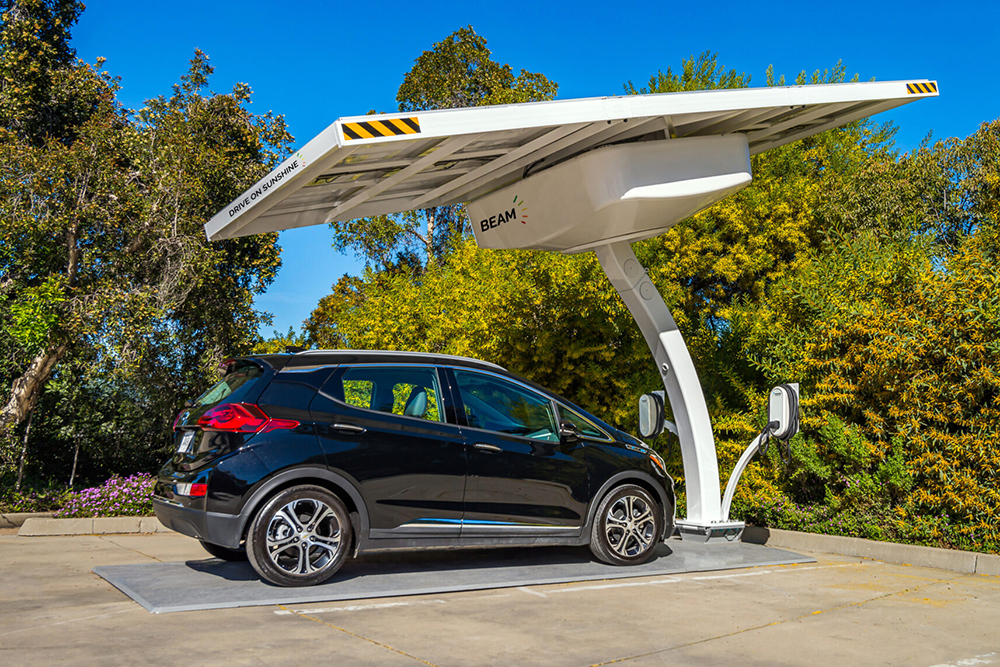The EU parliament has approved a new set of rules designed to make EV batteries more durable, more sustainable and better performing.
The new regs, which will come into force once the European Council has formally endorsed the text, affect the design, production and waste management of all types of batteries sold in the EU. They are designed to ensure that the soaring demand (the EU is expected to have some 30 million EVs by 2030) is met by greener batteries with lower emissions, produced using recycled materials.
Under the new rules, every battery will have to carry a digital product passport that documents details about its environmental footprint at every phase of the battery’s lifetime, from raw material extraction and processing to battery production to recycling.
Eight years after the regulation goes into force, battery-makers will be required to use minimum amounts of recycled cobalt, lithium, nickel and lead. Battery recycling targets on the consumer side will also be raised. EU countries are currently expected to collect 45% of used batteries for recycling, and according to data from 2020, this target has largely been met. Under the new rules, this objective will be raised to 63% by 2027 and 70% by 2030.
“For the first time, we have circular economy legislation that covers the entire life-cycle of a product—an approach that is good for both the environment and the economy,” said Achille Variati, a member of Parliament who has pushed the legislation. “Our overall aim is to build a stronger recycling industry, particularly for lithium, and a competitive industrial sector as a whole. These measures could become a benchmark for the entire global battery market.”







